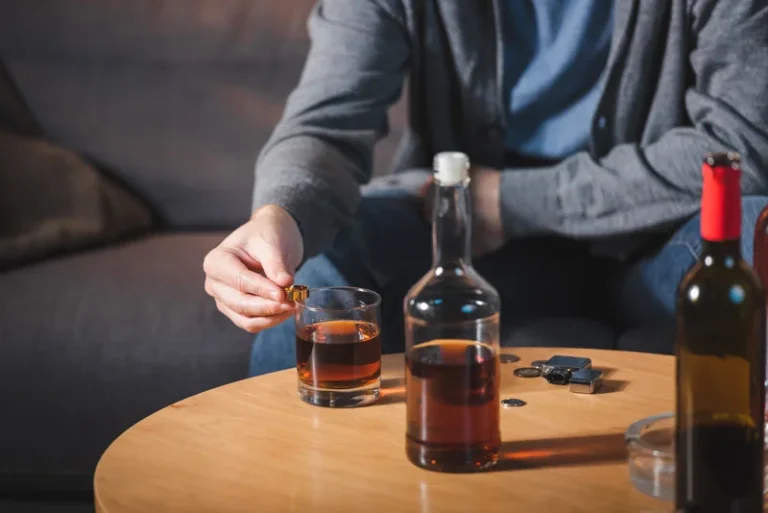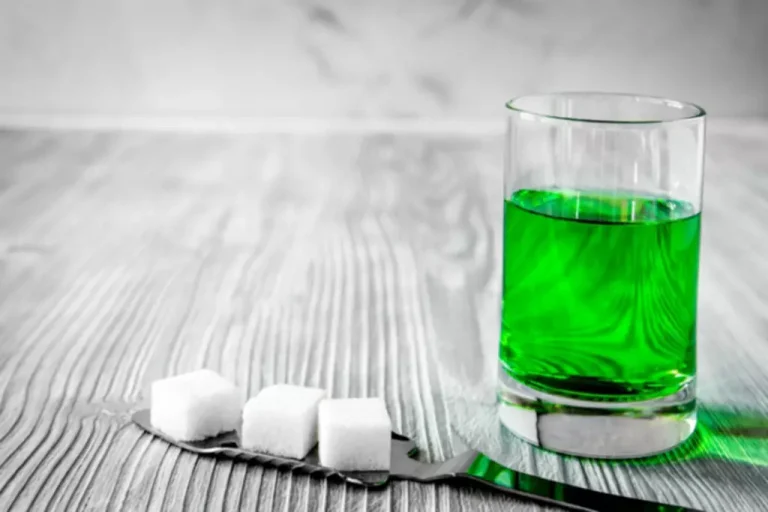
Usually an alcoholic will begin to experience alcohol withdrawal six to eight hours after cutting down or stopping alcohol consumption. Research has not found a correlation between the extent of electrolyte disruptions and the severity of hangovers, or the impact of added electrolytes on hangover severity. In most people, the body will quickly restore electrolyte balance once https://ecosoberhouse.com/article/why-is-alcohol-addictive/ the effects of alcohol subside. It may lead to liver diseases, such as fatty liver disease and cirrhosis. Alcohol also increases the risk of death from car crashes, injuries, homicide, and suicide. Heavy alcohol use is binge drinking on five or more days within the past month, or consuming more than seven drinks per week for women and more than 14 drinks per week for men.
Social and Psychological Causes of Alcoholism
Each of these symptoms can increase in intensity depending on the severity of the withdrawal. It is imperative emergency care be sought immediately when alcohol has contributed to an injury. This is important because someone who is intoxicated may not be able to reliably assess the severity of the injury they have sustained or inflicted. An intoxicated person may, for example, not notice they have a fractured neck vertebra (broken neck) until it is too late and paralysis has occurred. During a hangover, a person’s attention, decision-making, and muscle coordination can all be impaired.
What should I do if I think that I might have an alcohol use disorder (AUD)?
According to a 2019 study, people with AUD have a heightened risk for depressive disorders. People with AUD may have to drink increasingly larger amounts of alcohol to get the same effects as they used to with fewer why do people become alcoholics drinks. A person with AUD may want to cut down on drinking alcohol or have tried to in the past but could not stop. The prognosis (outlook) for someone with alcohol withdrawal depends greatly on its severity.
Where to find support
- Genetic, psychological, social and environmental factors can impact how drinking alcohol affects your body and behavior.
- In the past month, half of them did not drink alcohol, according to federal data.
- If you’ve lost a loved one, gotten divorced or got fired from your job, you’re likely dealing with grief, pain and loss.
The more you drink, the more your body builds a tolerance to alcohol. Tolerance means you’ll need more alcohol to feel the same effects you used to feel with less. When a partner or close friend frequently drinks, you may be more inclined to join them. Giving into peer pressure can lead to drinking problems down the road, as well as many health complications that arise from excessive alcohol consumption.

Physical Signs of Alcoholism
- It’s also important to note that delirium tremens can be life-threatening.
- Heavy drinking has long been considered an acceptable practice among teens and young adults ages 18 to 34, and keeping that drinking going past this age is a factor in what causes alcoholism.
- A lack of support can lead to abandonment issues in children, and they may turn to alcohol for comfort.
- There is no magic potion for beating hangovers—and only time can help.
- This makes you want to drink more often, even if it causes harm.
- We’ll help you figure out what caused your alcoholism and get you back on track to a healthier life.
People will try to drink away their problems and negative feelings, but this will only temporarily ease their pain. If you find that you’re feeling down, take a healthier route to feel better. Try meditating, talking to a friend, watching a movie, going for a walk or journaling.

- Reach out to a treatment provider for free today for immediate assistance.
- The purpose of detoxification is to safely withdraw the alcohol dependent person from alcohol and to help him or her enter a rehabilitation (rehab) treatment program.
- It can lead to things like cancer, liver disease, and heart disease.
- One drank in moderation, and the remaining two drank excessively.
- My favorite tool is keeping Sobriety Gratitude Logs, which I share in my free Monthly Sober Curious Magazine.
- When a partner or close friend frequently drinks, you may be more inclined to join them.
